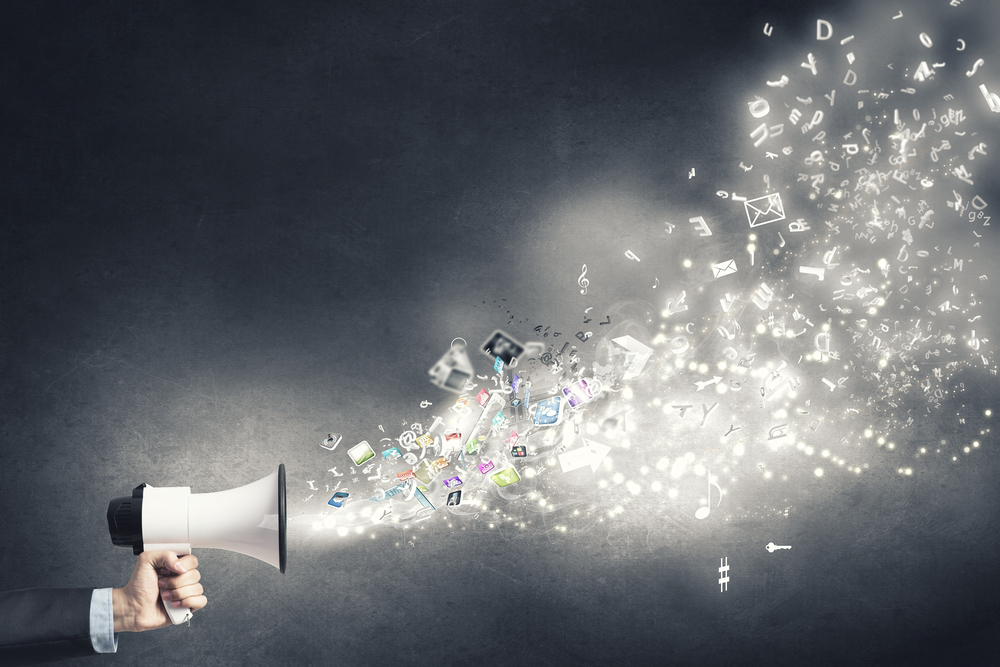December 11, 2018
10 Must-Use Promotional Strategies for Your Large-Scale Event
 You want people to attend your event, yes? Then don’t get so caught up in planning the experience itself that you forget to promote it! When considering how to promote an event, the more avenues you can tap into, the better — as long as they’re relevant, of course. So, go ahead and use traditional options such as posters and press releases, but be creative, too. Especially when it comes to digital promotion.
You want people to attend your event, yes? Then don’t get so caught up in planning the experience itself that you forget to promote it! When considering how to promote an event, the more avenues you can tap into, the better — as long as they’re relevant, of course. So, go ahead and use traditional options such as posters and press releases, but be creative, too. Especially when it comes to digital promotion.
Here are some must-use promotional strategies to get your creative juices flowing.
- Create an event-specific website with landing pages devoted to key aspects such as presenters, entertainment, food and beverage, whatever makes sense.
- Create an infographic with basic information and trivia about the event — its history, the benefiting cause, how to get in on the action. Share the infographic via social media, email, your event or website blog.
- Create a graphic badge that everyone involved in your event can use to help you promote it. Think branding with your logo, only digital and way cooler. Take full advantage of that by embedding HTML that enables viewers to link directly to your event website or a landing page.
- Ask (or require) sponsors to promote your event to their own audiences. Some will automatically do this, but don’t leave that to chance. Encourage them to use the same graphic badge and hashtag you provide speakers and attendees as they register or purchase tickets.
- List your event on “discovery” sites such as Eventful, Eventbrite, Bandsintown, Facebook Events, etc. as well as local entertainment publications and sites. If possible, link to the content, so readers can buy tickets right away.
- Kick your email marketing up a notch or two. Definitely ping all your contacts when you have key new announcements — a new band or speaker or restaurant lined up, for example. But get more specific by targeting different segments with details that appeal especially to them.
- Actively engage folks ahead of time to build awareness as well as attendance and to reinforce your brand. What’s fun? Surveys or voting about preferences for almost anything (interactive activities, bands, food).
- Promote with visuals to help people get the feel and flavor of your event. Multi-sensory promotion is much more engaging and personal-feeling than simple text content. Videos and photos help people see (or recall) last year’s spectacle, but for intriguing teasers about this year’s event, create some short videos that introduce your bands, key presenters, the interactive wall you’re creating, etc.
When it comes to photos, do not “economize” with amateur photography. Quality counts because promotion tells folks what they can expect from your event. Iffy pics? Probably a less-than-polished event. Professional photos are just as important as the live AV that provides the lighting, sound, and visuals during your event. - Go social! You can’t promote anything successfully without playing all your social media cards. Don’t just post and tweet, start conversations. Share content that’s relevant to your event but not necessarily directly promotional. When you do promote, do it with a style that continues to engage — a contest for ticket giveaways or a celebrity meet-and-greet, for example.
- Don’t neglect paid advertising. Go with print, if that makes sense, but seriously consider digital because ads can link back to your event website or a specific landing page where you can capture visitor information to build your contacts base. Facebook Ads is one option. You can target ad recipients by geographic location as well as other demographics.
Now that you’re inspired about how to promote an event, it’s time to start plugging the best ideas into your next event’s strategic plan. Just remember that no event appeals to everyone, so success comes from choosing the promotional tactics that are most relevant and riveting for your target audience.




